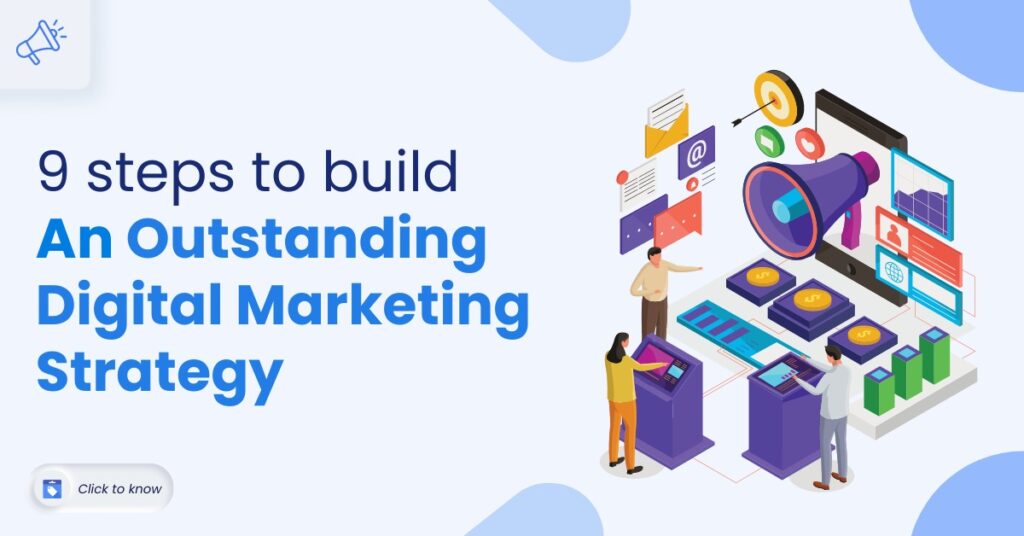In today’s fiercely competitive digital landscape, staying ahead of the game is no longer a choice; it’s a necessity. The worlds of SEO and content marketing are continually evolving, demanding that business leaders and marketing experts remain agile and well-informed. Why is this imperative? Because the need to maintain relevance, foster brand visibility, and harness the power of inbound marketing has never been more critical.
As businesses worldwide recognize the value of content marketing, a staggering 79% have joined the race to generate leads online. But here’s the kicker – the concept of “content clusters” emerges as a beacon of hope. In this article, we’ll delve into the world of content clusters, exploring their role in SEO and how they can drive your business forward in 2023 and beyond.
What are Content Clusters?
Content clusters are an SEO and content marketing strategy. They involve creating a central, in-depth piece of content (the “pillar”) about a broad topic. Around this pillar content, you create related articles (the “clusters”) that explore specific aspects of that topic. These cluster articles are strategically linked back to the pillar content, forming a web of interconnected information. This structure benefits users by providing a structured resource, and it signals to search engines that your website is an authority on the subject.
For example, Imagine you have a tech blog, and your main topic is “Smartphones.” Your central guide covers everything about smartphones, and you create related articles like “iPhone vs. Android” and “Smartphone Photography Tips” that link back to the guide. This forms a content cluster, improving the user experience and SEO by offering in-depth content and signalling to search engines that your site is a smartphone authority.
Why Content Clusters Matter?
The advantages of content clusters may seem apparent, but let’s delve deeper into why they are a must-have in your digital marketing arsenal.
1. Enhanced Internal Linking: A key element of content clustering is the art of strategic link placement. Instead of haphazardly linking to diverse blog posts that may or may not relate to the central topic, content clusters allow you to link to highly-relevant articles and other pages. This approach keeps visitors engaged and encourages them to explore your site further.
2. Elevated Website User Experience: A top priority for any business is to improve the overall user experience on its website. Minimising bounce rates is just the beginning. The aim is to guide users on their journey, drive leads, and inspire action via diverse CTAs (Call-to-Actions). Content clusters, packed with relevant and value-driven content, are the key to achieving this goal.
3. Effective Content Dissemination: It is challenging to entice visitors to explore content that doesn’t directly address their primary concerns. Content clusters maintain relevance to the main topic while encompassing supplementary subjects that add value to the central theme. This means content clusters offer an organic method for users to consume as much content on your website as possible while addressing specific problems.
4. Streamlined Keyword Research and Implementation: Content clusters streamline the keyword research process. They encourage research and clustering of keywords related to niche topics. Moreover, they excel at uncovering low-competition keywords that can propel your cluster content up the search engine results pages (SERPs). You can organise keywords into batches that align with different stages of the user’s journey and intent. This approach streamlines the process, replacing the arduous task of sifting through a vast keyword list with targeted, results-driven clustering.
With the groundwork laid down, let us now explore how content clusters can supercharge your SEO strategy.
5 Ways Content Clusters Charge Your SEO
In a world where Google continually evolves its ranking criteria, here are five approaches by which content clusters can significantly boost your SEO strategy:
1. Adapt to Google’s New Content Ranking Model: Google’s algorithms now focus on delivering highly relevant search results to users. This approach goes beyond simple keyword matching and delves into deep data analysis to provide personalised user experiences. This shift is powered by artificial intelligence, such as Google’s RankBrain, which strives to understand the user’s journey, their goals, and the subtopics linked to their main interests. To remain relevant to modern users, you must create subtopics within your content cluster, adding substantial search value to your website.
2. Provide Context for Pages: Content clusters boost the SEO value of your site by providing crucial context for each page, helping Google understand the content’s relevance to users. Google derives context from various elements like optimised images, meta descriptions, headings, keywords, and URLs. Surprisingly, Google also draws context from anchor text in internal and external links and the content within those links.
By combining on-page and off-page elements, content clusters offer an effective approach to contextualising your content.
3. Elevate Keyword Research: Content clusters are a goldmine for identifying niche keywords and highly relevant search terms. Moreover, they excel at uncovering low-competition keywords that can propel your cluster content up the SERPs. You can organise keywords into batches that align with different stages of the user’s journey and intent. This approach streamlines the process, replacing the arduous task of sifting through a vast keyword list with targeted, results-driven clustering.
4. Enhance User Experience and Guide Journeys: Content clusters designed to address specific problems in the user’s journey are more likely to engage and delight potential customers. Your audience can find comprehensive information related to the pillar topic, which initially brought them to your site. By strategically organising your clusters and posting relevant articles, you consistently deliver value to your website visitors.
The objective here is to support potential customers on their journey by anticipating their needs, answering their questions, and empowering them to make informed decisions.
5. Power up Local SEO: Leveraging content clusters can significantly enhance your local SEO strategy, pushing your site higher in local SERPs. Additionally, content clustering is a potent tool for improving content localization. By researching and familiarising yourself with relevant local trends, keywords, and topics, you can create content clusters that align with the specific interests of your local audience.
Content clusters serve as a potent tool, enhancing user experience, elevating SEO, streamlining keyword research, and providing valuable context to your pages. They effectively guide user journeys, boosting engagement and relevance in your digital marketing efforts.
By integrating content clusters into your strategy, you can not only expand your brand’s reach but also dominate local markets. In conclusion, content clusters are far more than just a buzzword; they represent a transformative strategy that can reshape your digital marketing endeavours.
Ready to transform your online presence? Reach out to us at [email protected] to elevate your digital success. As a comprehensive digital marketing agency, we’re here to guide your business to new heights. Let’s embark on this journey together and redefine your marketing strategy for lasting online triumph. Stay updated on the latest in digital marketing by continuing to explore our blogs.












